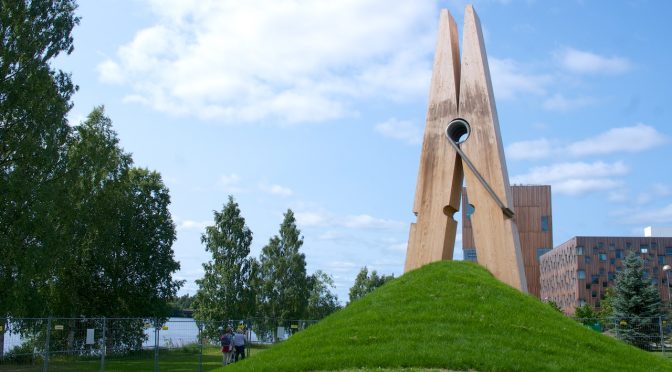A quick guide to cultural evolution for humanists
I’m currently working on a long article in which I review two recent critiques of computational criticism (one by Nan Z. Da and the other by Franco Moretti and Oleg Sobchuk). Moretti and Sobchuk introduce cultural evolution into their discussion, but don’t say much about it, and I’m suspect that their audience, and mine, is … Continue reading “A quick guide to cultural evolution for humanists”


